Wondering what you might forget when packing for Japan?
You’re not alone.
I analyzed more than 500 comments from travelers who shared what they wished they’d packed—and what missing those items cost them.
Here are the top 10 regrets to help you avoid common mistakes and make your trip to Japan as smooth and enjoyable as possible.
What did you forget to pack for your Japan trip and regret it?
byu/The-Solo-Traveler inJapanTravelTips
1. Deodorant and Antiperspirant(85+ comments)
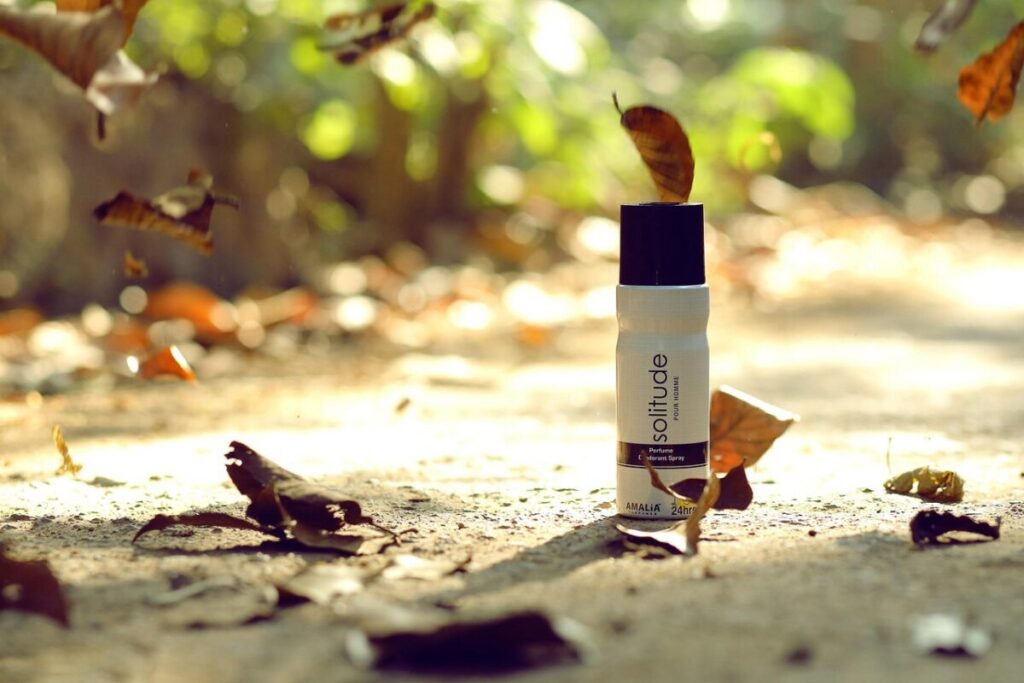
Why it happens
Many travelers assume they can buy deodorant in Japan, but strong antiperspirants are uncommon because most Japanese people don’t need them.
Local deodorants tend to be milder, which isn’t enough for visitors used to stronger options—especially during Japan’s hot, humid summers.
How to avoid it
Bring at least one full-size stick of your favorite deodorant or antiperspirant.
If you sweat easily or plan to visit in summer, pack an extra.
Keeping one in your day bag is also a good idea for long sightseeing days.
This is one of the most important Japan packing tips for staying comfortable.
Check deodorant options on Amazon before you pack.
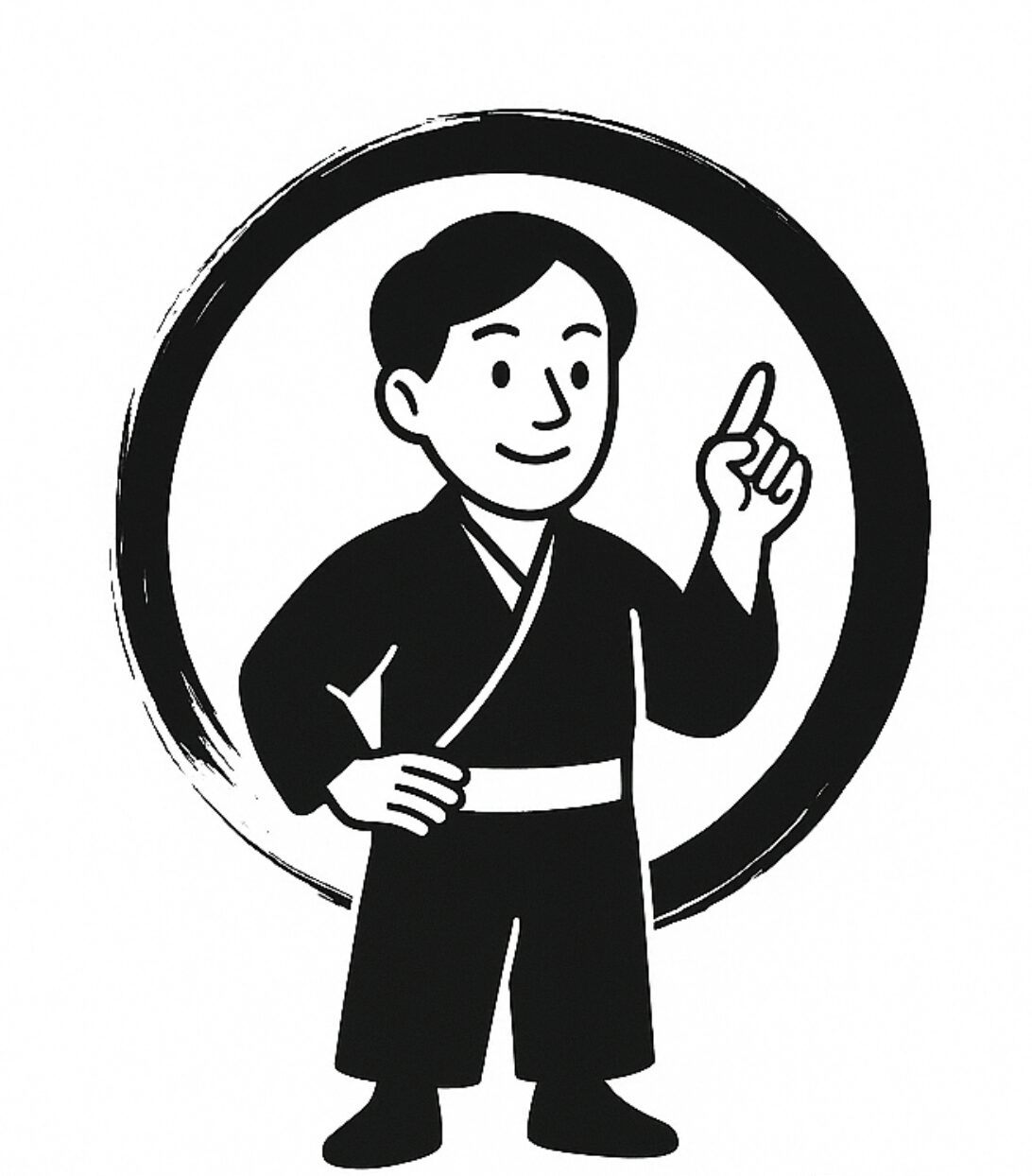 Flo
Flo“As a local, I can tell you Japan’s humid summers make you sweat more than you expect. You won’t find strong antiperspirants here, so bringing your own is the best way to stay confident.”
Representative comments:
“An extra deodorant. It’s a bit hard to find western deos.”
“I chose not to take more than one small bottle of antiperspirant thinking I could buy over there. BIG mistake.”
“Forgot to pack deodorant the first time I went to Japan. The stuff I bought there was not good.”
2. Over-the-Counter and Prescription Medications(65+)


Why it happens
Travelers often expect to find familiar medicines in Japan, but over-the-counter options can be weaker, different, or require a prescription.
The language barrier can make pharmacy visits stressful when you’re not feeling well.
How to avoid it
Make a list of essential medications, including painkillers, allergy treatments, and stomach remedies.
Bring enough for your entire trip in their original packaging, along with copies of prescriptions.
This preparation will save you time, stress, and confusion if you fall ill.



“Japanese pharmacies rarely carry Western-strength medicine. For example, Tylenol and ibuprofen are weaker here, so bring what you trust from home.”
Representative comments:
“Good cold medicine. It was tricky to find non-caffeine cold medicine in Japanese pharmacies.”
“I had a really hard time finding Motrin or Tylenol.”
“Extra strength Tylenol. They only carry regular Tylenol, and it’s brutally expensive.”
3. Packing Too Much(50+)
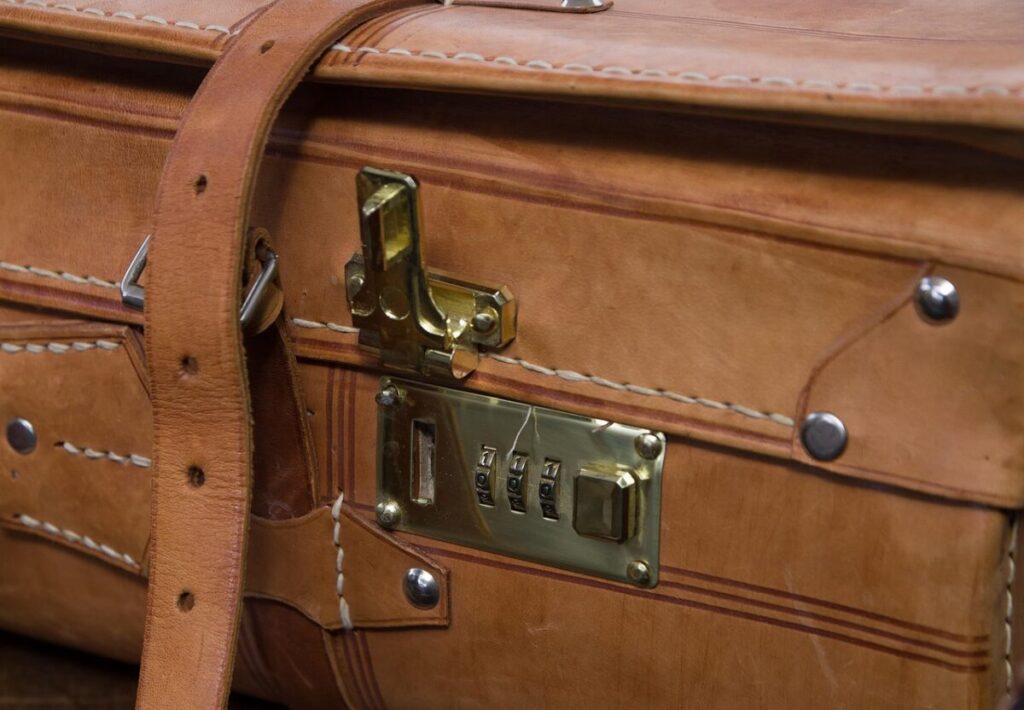

Why it happens
It’s tempting to pack many “just in case” items, but overpacking makes it difficult to navigate Japan’s busy train stations and tight hotel spaces.
Heavy luggage can quickly turn a fun trip into a stressful one.
How to avoid it
Choose versatile, mix-and-match outfits and plan to do laundry during your stay.
Coin laundromats are common, and many hotels offer laundry services.
Aim to pack only what you’ll definitely wear, leaving room for souvenirs. Packing light is a key Japan travel tip.
Compact travel organizers on Amazon can help you keep your luggage light and organized.



“Japanese hotels and trains have limited space. Traveling light will make your trip much smoother, especially if you’re moving between cities.”
Representative comments:
“I regret packing too many things I never needed.”
“I wish I’d packed lighter. Anything else we needed was easy to get there.”
“Next time as little as possible.”
4. Power Plug Adapters and Converters(40+)
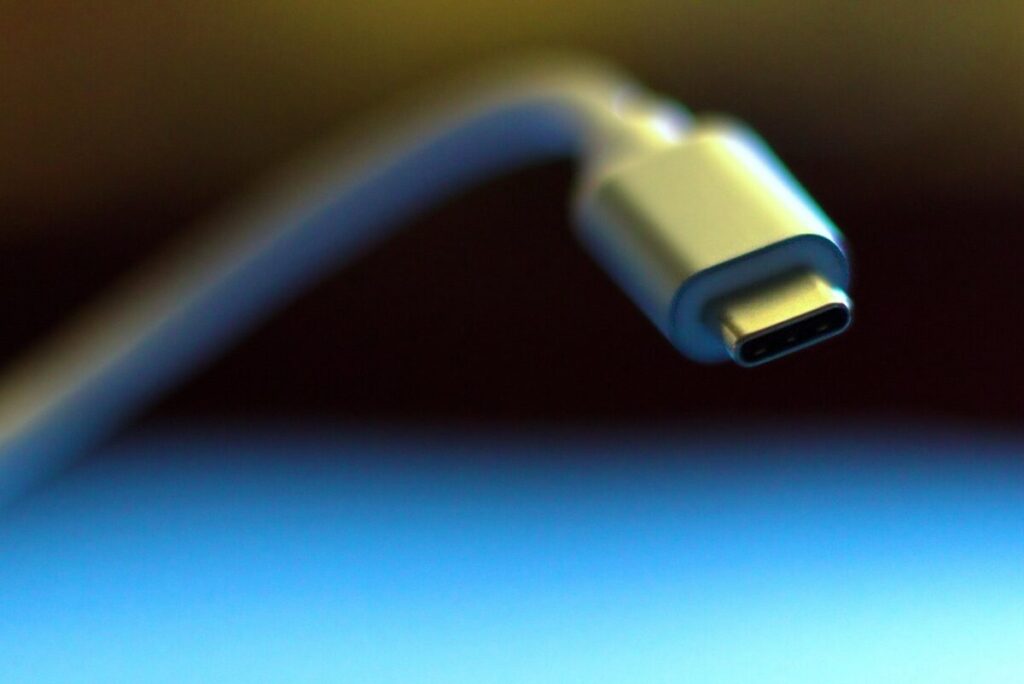

Why it happens
Japan uses 2-prong Type A plugs, which can’t accommodate many 3-prong devices.
Travelers from countries with different plug types or voltages often forget to bring compatible adapters.
How to avoid it
Bring a universal adapter that works with Japan’s Type A sockets, and include a 3-to-2 prong converter if you use 3-prong plugs.
A multi-port USB charger simplifies charging multiple devices. Test everything before your trip so you know it works.
See travel adapters on Amazon.



“Hotel outlets are often limited. A good multi-port adapter saves time and ensures you can charge everything overnight.”
Representative comments:
“A 3 prong to 2 prong adaptor.”
“A power plug adapter. The apartments I stayed in didn’t have three-prong plugs.”
“Power adapter.”
5. Sunscreen and Sun Protection(35+)


Why it happens
Even outside of summer, Japan’s sun can be intense.
Travelers often underestimate exposure during long days walking around temples, gardens, or city streets, leading to unexpected sunburns.
How to avoid it
Pack sunscreen that suits your skin type and brings no irritation.
Also, carry a lightweight hat and UV-blocking sunglasses.
If you’re particular about sunscreen ingredients, bring enough for the whole trip—Japanese products can differ from what you’re used to.
Shop top-rated sunscreens on Amazon.



“Many Japanese carry UV umbrellas in sunny seasons. Protecting yourself will make long days outside much more comfortable.”
Representative comments:
“Sunscreen. I wasn’t expecting so much sun in October.”
“I forgot my sunglasses and deeply regretted it!”
“Even in October, the sun was blazing during the F1 race. Definitely bring a hat.”
6. Comfortable Walking Essentials(30+)
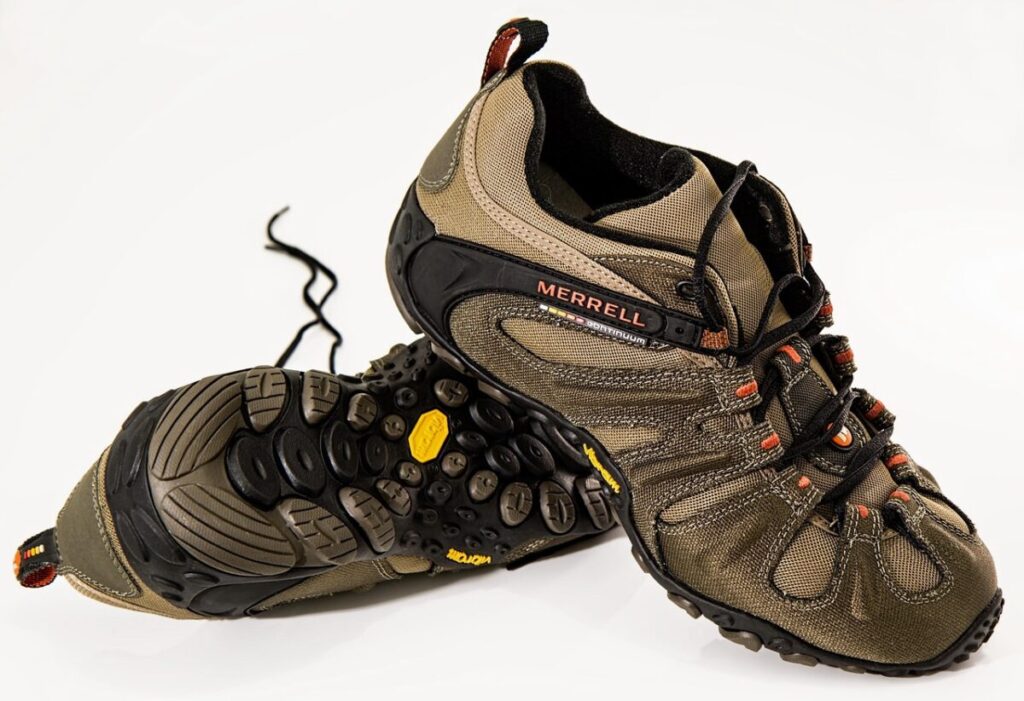

Why it happens
Japan trips involve extensive walking—easily 15,000 to 25,000 steps daily—which many travelers don’t anticipate.
Without proper footwear, insoles, and blister care, foot pain can ruin your plans.
How to avoid it
Break in your walking shoes before your trip.
Pack cushioned insoles, compression socks, and hydrocolloid blister bandages.
Carry them in your day bag so you can treat hot spots immediately and keep your feet happy
.See blister prevention products on Amazon.



“Even cities like Kyoto have many stone paths or hills. Foot care is crucial to enjoy your days exploring.”
Representative comments:
“Hydrocolloid blister pads. Critical when you’re walking around a ton.”
“Shoe insoles for plantar fasciitis.”
“Compression socks. All that walking can take a toll.”
7. Toiletries for Sensitive Skin or Hair(25+)
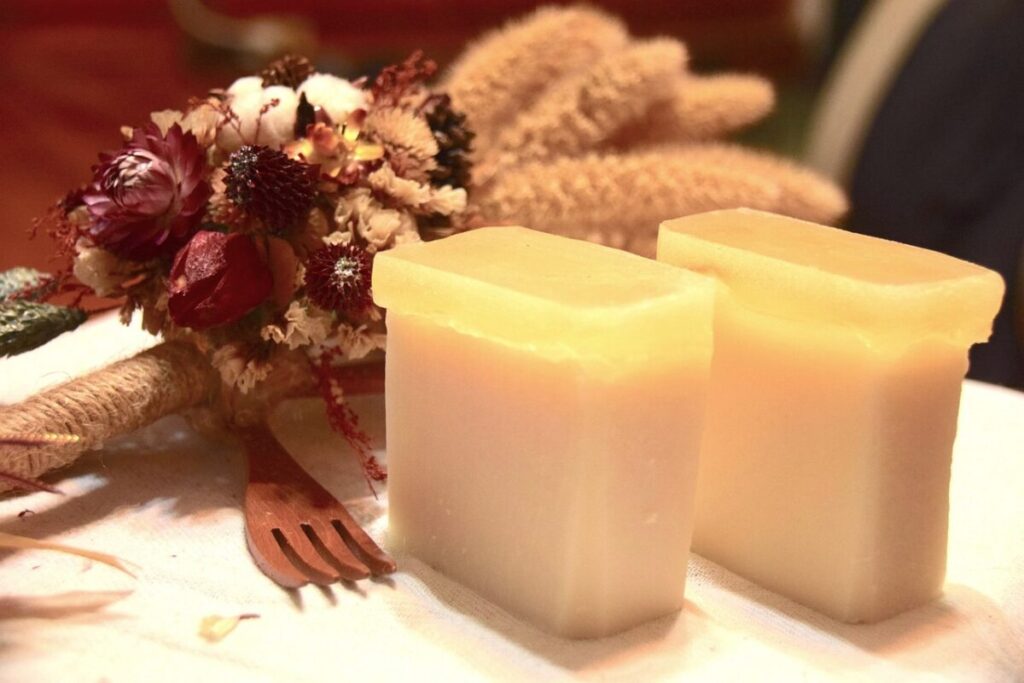

Why it happens
Japanese hotel toiletries cater mostly to straight, coarse hair and non-sensitive skin.
Travelers with curly hair, dry skin, or sensitivities may find these products drying or irritating.
How to avoid it
Bring travel-sized versions of your preferred shampoo, conditioner, and skincare products.
Carry a small bottle of body lotion if you need it, as many hotels don’t provide it.
Having familiar products will keep you comfortable and save time searching for alternatives.



“Hotels don’t always provide lotion, and shampoos here can strip moisture from hair. Packing your own is the best way to stay comfortable.”
Representative comments:
“Preferred toiletries, especially in capsule hotels.”
“More hair products. Japan water destroyed my curls.”
“Body lotion. Many hotels didn’t have it.”
8. Cash and Physical Payment Methods(25+)
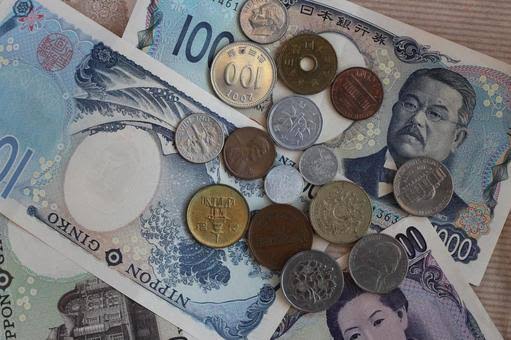

Why it happens
Japan remains cash-centric, especially in small restaurants, local shops, and rural areas. Some travelers assume digital payments will work everywhere, only to find themselves unable to pay.
How to avoid it
Bring Japanese yen and at least one debit or credit card. Plan to withdraw more cash from 7-Eleven ATMs, which accept most international cards. Carry a coin purse for managing change, as coins accumulate quickly. Don’t rely solely on your phone—dead batteries happen.



“Even in cities, many traditional shops and rural areas only accept cash. Always carry enough yen for unexpected situations.”
Representative comments:
“Physical credit card and bank card!!!! My friend thought her phone was enough.”
“Bring cash—lines for ATMs can be long at airports.”
“Lots of coins—bring a coin purse.”
9. Portable Chargers / Power Banks(20+)
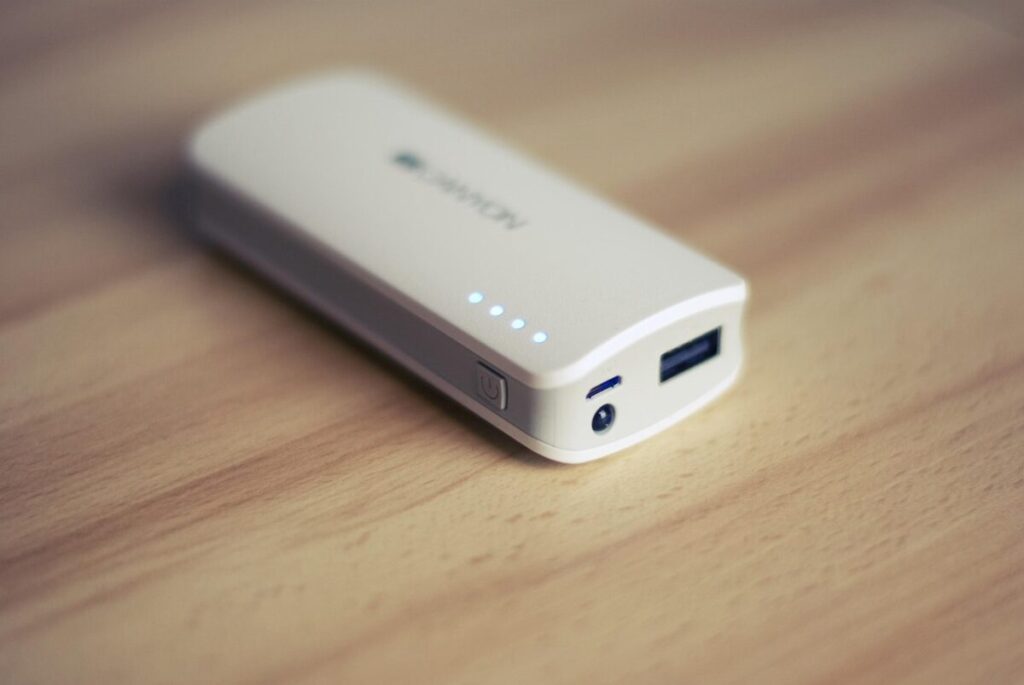

Why it happens
Long days using maps, translation apps, and cameras drain phone batteries fast. Many travelers underestimate how quickly they’ll need to recharge.
How to avoid it
Pack a power bank with at least 10,000mAh capacity, enough for two full charges. Opt for fast-charging models, and always carry your charging cable. A power bank is an essential item on any Japan packing list to stay connected.



“Japan’s amazing public Wi-Fi isn’t always reliable. A Pocket Wi-Fi will keep you connected, and a power bank ensures you don’t get stranded with a dead phone.”
See reliable power banks on Amazon
Book Pocket Wi-Fi for Japan on Klook
Representative comments:
“Power bank. Mine lasted days, but I wouldn’t risk being without one.”
“I forgot my power bank last trip.”
“Needed more than one power bank a day.”
10. Proper Clothing for Weather and Fashion(20+)
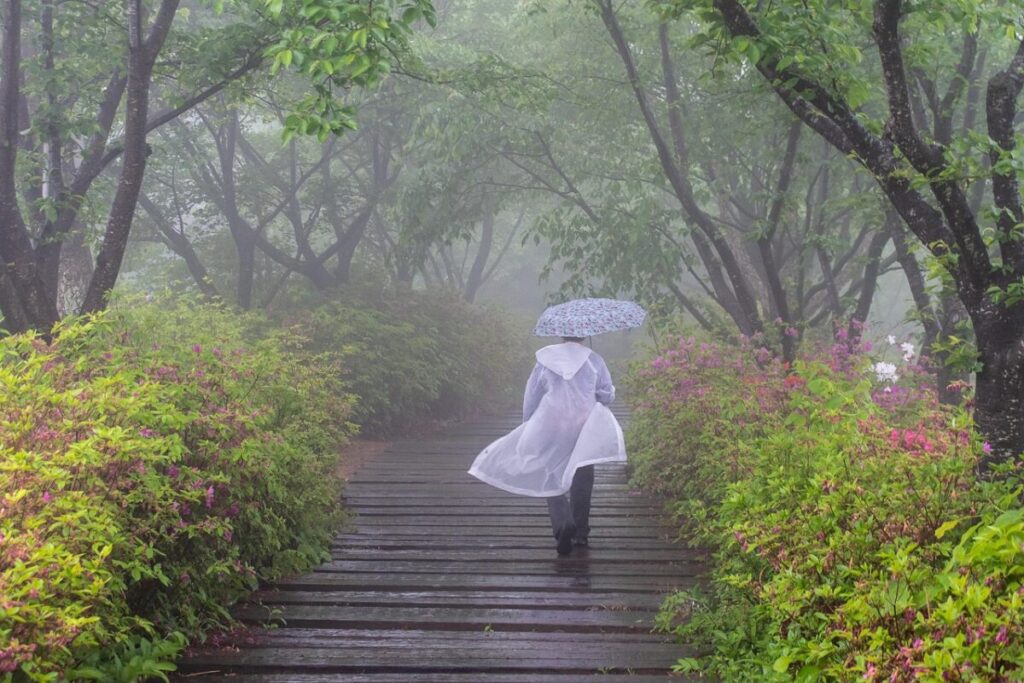

Why it happens
Japan’s weather can change quickly between regions or seasons, with humid summers and chilly evenings in spring or autumn. Travelers often feel underdressed compared to locals, who usually dress neatly even for casual outings.
How to avoid it
Check the forecast for each city you’ll visit, as weather varies greatly across Japan. Pack layers you can add or remove easily, and include one smart-casual outfit for unexpected formal occasions. Choose clothes that are stylish yet comfortable for long days exploring Japan’s cities and sights.



“Unexpected invitations to nicer restaurants or events happen. Having a simple yet presentable outfit will save you from feeling awkward.”
Representative comments:
“I found myself embarrassingly undressed compared to locals.”
“More flowy loose clothing for the humidity.”
“A warmer jacket. It was unseasonably cold.”
The 3 Most Upvoted Packing Mistakes Travelers Make in Japan – And How to Avoid Them
Planning a trip to Japan? You’re not alone if you’re wondering what to pack—or what you might forget. Based on the most upvoted comments from travelers, this guide reveals the top three packing mistakes to avoid so you can fully enjoy your adventure without unnecessary stress.
1) Chub rub prevention if you have tendencies.


Upvotes: 321
Why it was so upvoted:
Many travelers underestimate how much walking they’ll do in Japan’s hot, humid climate. Even those who never experience thigh chafing at home often struggle here, making this tip resonate strongly with anyone who’s experienced painful skin irritation while exploring Japan.



“I’ve seen friends get chafing on their very first day walking around Kyoto. Don’t underestimate Japan’s humidity!”
2) An extra deodorant. It’s a bit hard to find western deos.
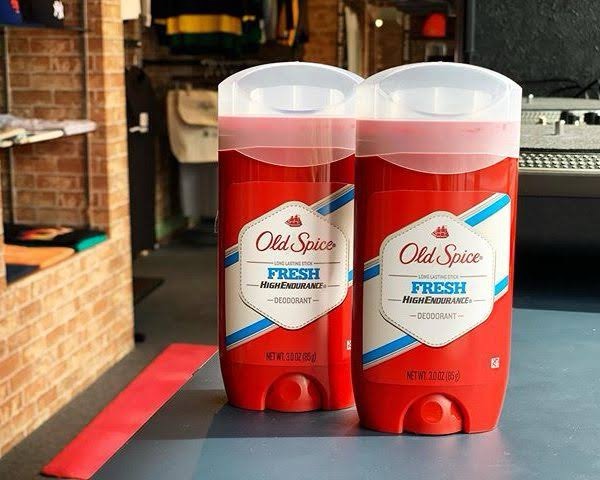

Upvotes: 241
Why it was so upvoted:
Strong deodorants are hard to find in Japan, and visitors who sweat more than locals are often caught off guard. This comment struck a chord because it reflects a common regret among travelers, especially those visiting during Japan’s humid summer.



“Japan’s deodorants just aren’t made for heavy sweaters. Always bring what works for you.”
3) I cannot imagine going to a foreign country without both cash and physical cards.


Upvotes: 229
Why it was so upvoted:
Japan’s reputation for advanced technology can mislead travelers into thinking digital payments are universal, but cash is still essential. Many travelers have been surprised by how many restaurants, shops, and transport options don’t accept cards, making this advice highly relatable.



“Even today, I still need cash in local ramen shops and small-town buses. Always carry some yen!”
Summary
Packing for Japan isn’t just about filling a suitcase with clothes—it’s about understanding what’s surprisingly difficult to replace once you arrive. Essentials like strong deodorant, familiar medications, or walking gear that suits your feet can make or break your trip. Japan’s incredible convenience stores and shops might give travelers a false sense of security, but not everything you rely on back home is available here—or works the same way.
Many travelers overestimate their ability to buy what they need on the fly, only to face language barriers, different product standards, or simply waste precious sightseeing time searching. By bringing the right items, you’ll avoid discomfort, stress, and unplanned expenses, allowing you to fully enjoy Japan’s rich culture, delicious food, and breathtaking sights. Thoughtful preparation isn’t just practical; it’s the key to making your journey smooth, memorable, and focused on what truly matters—experiencing everything Japan has to offer.









Comments